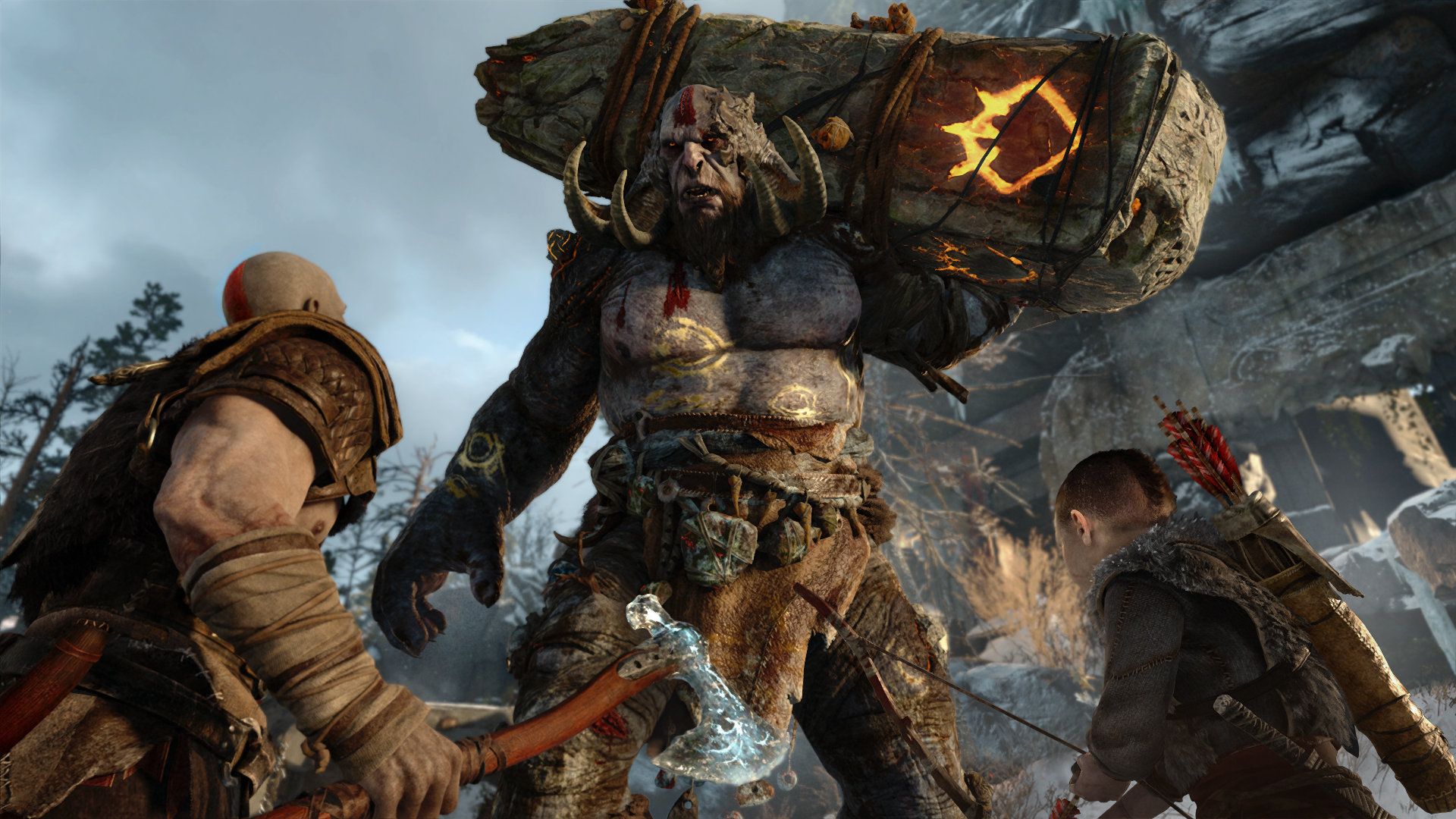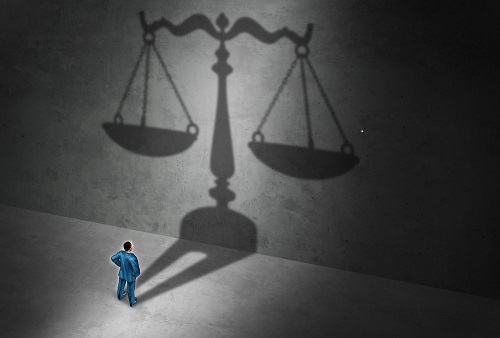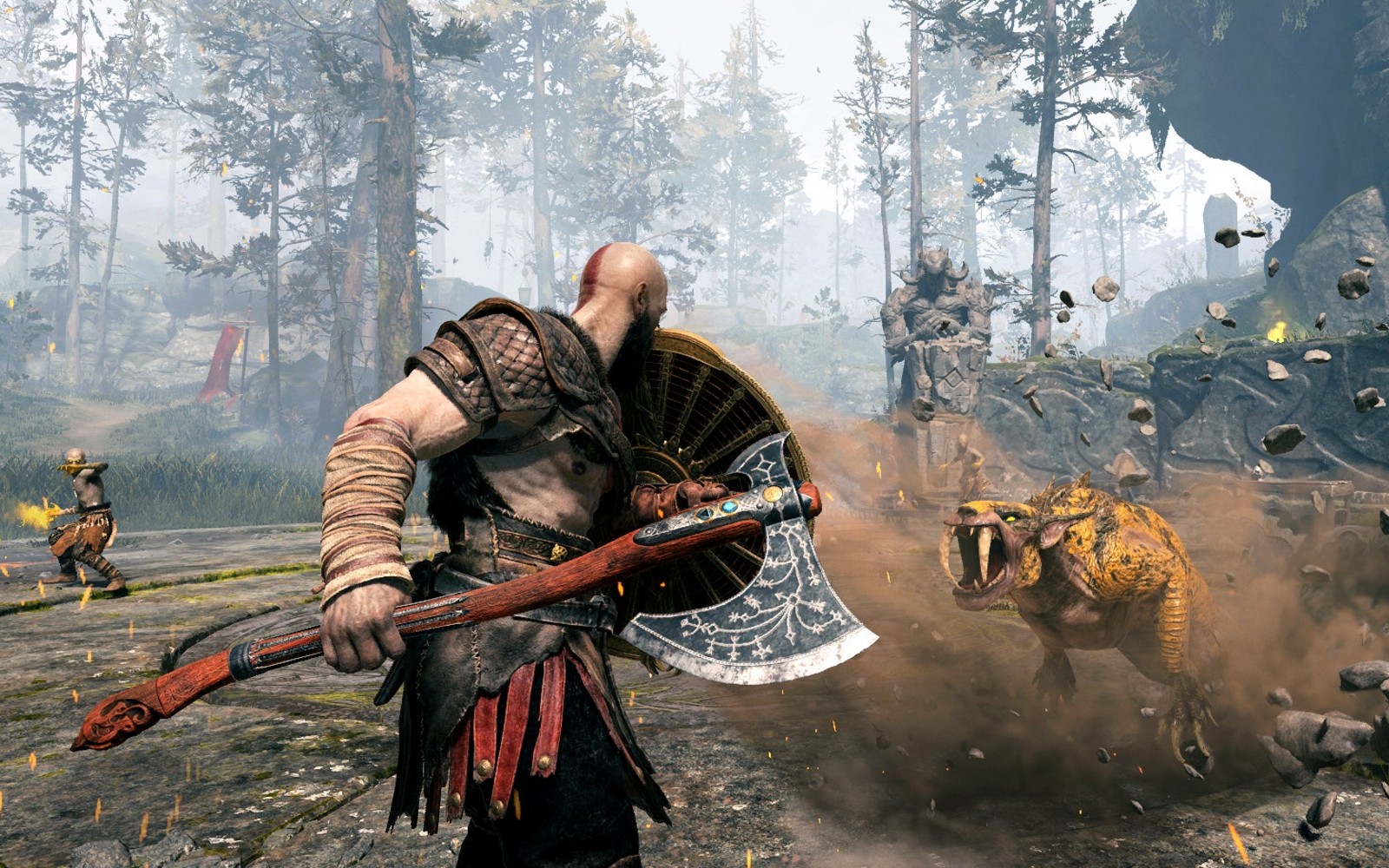
In Norse myths, the end of the world began with snow. The coming of a long, terrible winter – described by the Normans as the Fimbul winter(link is external) – would engulf the entire Earth under a blanket of ice, precipitation, and darkness. Human civilization would not survive the crisis of the Fimbul winter either: in the dark days that followed the heavy snowfall, brother turned against brother, son against father, mother against daughter. In the anarchy that followed, Earth’s societies would come to a spectacular end.
In addition to destroying human civilization, the Fimbul winter would lead to catastrophic disasters. And if that weren’t bad enough, all kinds of mythical creatures would make it all worse. Thus, the wolves Skoll and Hati would succeed in their long quest to devour the sun and moon, after which the light of the world was finally extinguished. Earth was also ravaged by a series of earthquakes of unprecedented intensity. The considerable wolf Fenrir would escape from his chains, and the giant snake Jörmungandr would emerge from the deep seas in which he had been hiding until then. And even Yggdrasil – the timeless world tree at the center of the cosmos – would succumb to the disasters of the Fimbul winter.
Loki .’s Betrayal
After the Earth—or, as the ancient Normans called it, Midgard—flooded, the God Loki would rise against his fellow gods, and captain the ship, set the Naglfar on course for the divine kingdom of Asgard. Made from the fingernails and toenails of dead men and women, this terrifying ship was crewed by a motley crew of ferocious ice giants: the fearsome Jotun. Loki then navigated the Naglfar over the seas that had occupied the face of the Earth and endeavored to overthrow the Norse pantheon finally.
At the same time, the possessed Fenrir would run open-mouthed across the remaining Earth’s surface. He devoured everything and everyone in his path while the giant snake. Jörmungandr poured his deadly venom on Midgard. Nothing, absolutely nothing, would be spared the destruction of Ragnarok. Modern drawing of the last battle at the end of time.
Modern drawing of the last battle at the end of time. You can see, among other things, how Odin – with his spear – fights against the wolf Fenrir. Source – Johannes Gehrts [Public domain] via Wikimedia.
The Downfall of the Gods
The sky would be split in two, and from the resulting hole, the fire giants would descend from the volcanic Muspelheim. Led by their leader Surtr, who would wreak havoc with his burning sword, the unleashed giants marched to the homeworld of the gods: the glorious Asgard. Once there, Surtr’s troops made short work of the legendary rainbow bridge that connected Asgard to the rest of the universe.
The gods’ response was a declaration of war against their sworn enemies: the fiery giants from Muspelheim, the traitor Loki, and the fearsome wolf Fenrir. In the battle at the end of time, the supreme God Odin would have to cross swords with the ferocious wolf, but his battle would be in vain: the Allfather perished at the brute force of the wolf. His death would then be repaid by the gods’ son Vidar, who would repay his fallen father with the blood of Fenrir.
Thus the fight would go on until the ground could bear the fight no longer. The collapse of the Earth sealed the fate of the cosmos into the sea. And at the end of time, there would be nothing left but infinite emptiness at the end of the world. The old world was forgotten in this void and would give way to a new beginning of the cosmos. In other older tales of the Ragnarok story, the end of the universe was final, and no rebirth took place.
Spiritual restart
The existence of two different versions of the Ragnarok story is striking. According to Daniel McCoy – author of a book on Norse mythology – the difference between the relatively old and new traditions can be explained by the Christianization of Northern Europe.
According to McCoy, the “new” Ragnarok story reflected the demise and transformation of Scandinavia’s pre-Christian spiritual fabric. The old Norse gods made way for a new Christian tradition in the Early Middle Ages in a metaphorical sense. In this regard, the Scandinavian region experienced a spiritual revival, with the ancient gods dying a symbolic death, only to be replaced by Christianity. In the relatively young Ragnarok variant, McCoy sees a reflection of the cultural-historical developments that Northern Europe went through during the Middle Ages.
Kratos started his life on a Greek island, where he grew into a fierce but loyal Spartan soldier. Kratos married his first wife, Lysandra, and had his first child, Calliope. Kratos’ rule as a general expanded and faltered only when he encountered the Barbarian tribes, who decimated Kratos’ army.
Lil sumpin LagunitasFacing defeat and pleading for rescue, Kratos cried out to Ares, the God of war. Ares destroyed the hordes of Barbarians in exchange for Kratos’ loyalty and seared the Blades of Chaos to the flesh of Kratos. Kratos was Ares’ agent for a while, but this ended when he attacked an Athenian village. Kratos was shocked to realize that his wife and child were among the dead. While he cremated the remains of his family and renounced his oath to Ares, the village oracle cursed Kratos to carry the ashes of his late wife and daughter forever.
Kratos would serve as Athena’s champion for a while, hoping the gods would lift his curse. One day, as Ares was preparing to attack one of her cities, Athena offered Kratos forgiveness for his sins if he could find Pandora’s Box and use its power to defeat Ares. Kratos managed to kill Ares but found that Athena had carefully formulated her promise; the gods forgave Kratos for his transgressions, but he still bore the curse of his undead family.
A distraught Kratos decided to end his life but was stopped by Athena. When Ares’ throne was vacant, Athena offered Kratos his title – Kratos would become the new God of War. Kratos was content for a while, but his ambitions became too great, and Zeus killed him. With his wrath focused on Zeus, Kratos escaped the underworld and killed the three Sisters of Fate, undoing his death to travel back in time to kill Zeus.
Atop Olympus, Athena used her dying breath to reveal that Kratos was the son of Zeus, hoping to break the cycle of patricide. Kratos, however, was too far in his path of revenge, freeing the Titans and launching a war against Olympus. Along the way, Kratos is warned that careless revenge will only lead to the destruction of the Greek world. When the gods fell, the things they represented in the real world withered and died as well. This didn’t stop Kratos, but he paused when he met Pandora, who reminded Kratos of his daughter. Zeus took advantage of this by inciting Kratos’ wrath and causing Pandora’s death. After another supposed failure, Kratos took out Zeus once and for all. Only then did Kratos understand the utter destruction he had wrought. In a final act of guilt, he tried to retake his life.
Lessons from the past
Sometime later, Kratos finds himself in the realm of the Norse gods and remarries a woman named Faye. Together they had a son, Atreus. When Faye passes away, her last request is that Kratos and Atreus take her ashes to the highest peak in the Nine Realms; however, a mysterious, unkillable man arrives, seemingly aware that something is wrong with Kratos’ presence. Kratos and Atreus try to grant Faye’s latest request, aided by various figures such as Odin’s former wife, Freya, and the headless head of the sage Mimir.
Atreus soon falls ill, and with Freya’s help, Kratos saves both Atreus and his past as God of War. Haunted by the eternal cycle of death that has led him here, Kratos decides to tell Atreus about his heritage as God. However, this only brings out his arrogance and stubbornness. Atreus endangers himself and reasons that Gods can do whatever they want. Kratos notices this behavior and scolds his son for showing his old traits. At the end of their journey insight, the father and son are once again confronted by the mysterious man, who reveals himself as the tireless Baldur, Freya’s son. Kratos and Baldur battle again, with Atreus’ mistletoe arrows making Baldur vulnerable to damage. Kratos kills Baldur, leaving Freya devastated by the loss of her son. pretty good game !










